Norbert Lehmann is the CEO of Lehmann Audio in Germany, a company that produces headphone amps, phono stages and an amplifier as well as pro audio equipment. He is a graduate in audio engineering and is a keen guitarist.
Your history
I really got caught by recording and audio technology while playing in a band myself at the age of sixteen and taped rehearsals on a cassette recorder with some cheap but nice electret condensor microphones. More revealing than I had needed at that time…
Later I decided to study audio engineering and during my studies I started with some freelance jobs recording live music to stereo with a Sony F1 and later with my own modified PCM 501 from time to time. My company was founded in 1988 (we‘re currently celebrating 25 years of Lehmannaudio) and was brought up part time while I was working as an audio technician at a radio station. Finishing studies with a diploma in early 1994 I built the first ever – according to my research – combined analog and digital preamp. My first commercial phono stages had already been in production in smaller numbers earlier. Then came the Black Cube. After the first reviews the company grew to what I have now.
- Who or what was the biggest influence on your career?
Hardly to bring it to that one point. There have been some things that come to my mind: While studying audio engineering in Duesseldorf, Prof. Johann N. Matthes, long time producer of the Alban Berg Quartett, demonstrated the sonic difference between analog and digital media which was indeed very bad at that time (app. 1986/1987). Analog clearly won. Award-winning CDs simply sounded as if they were broken in that comparison. There have also been discussions with Nigel Pearson of Loricraft whom I tried to convince during a High End show in Frankfurt roughly 20 years ago that some things do not matter because it “only” would effect the power supply and not the signal path. And he revealed a simple and (of course now) very obvious truth “Everything is in the signal path!”.
- Proudest moment/product you’re most proud of?
The proudest moments are of course the births of my three children. This is not to be beaten by some electronic toys. An absolute highlight for Lehmannaudio has been the first High End participation in Frankfurt. This must have been 13 years ago according to what I remember. And seeing the success and positive feedback to both the Black Cube phono stage and the Linear headphone amplifier really makes me proud.
You and your system
- What was your very first system?
The first setup that could be called a system was a music centre by a company called Rank Arena. I got this when I was fourteen years old and my parents were so kind to allow us three kids for a certain budget to buy furniture for our rooms after relocating to the new house my father had built. I chose nice but affordable furniture by Flötotto – and bought the Hifi system from what was left. Best component within that music centre was definitely the Lenco L75 turntable. And then there were these loudspeakers with “original Pioneer chassis” which could handle some 70 watts or so. Don’t ask me about the sound. These components are all gone, but the Flötotto cabinets are still in use.
- Tell us about your system history
Constant change had been the motto. I had two or three tapedecks by Onkyo, a Kenwood receiver, bought a special offer JVC QL-Y 3 F turntable which I still have on the shelf in my workshop just in case I have to connect a turntable there. In earlier years I even used it for Black Cube function tests before I had a computer setup with a decent generator. I have different components of earlier setups spread in our own house.
- What component/product do you miss the most/wish you had never got rid of?
Some old Braun components from my parents. They really looked very nice and performed very well indeed until they needed repair. We had a TG 60 reel tape machine and a receiver. I wish I had kept them.
- Best system (or single component) you have ever heard (no brands you represent please…!)
The sonic difference between two integrated amps really kicked me into high end while studying. One of them was the first version A1 by Musical Fidelity. The other amp – which was very well regarded as monitor amplifier for recording among students during these times made the musicians sound as if they had fallen asleep. This was the moment I noticed that electronics can really make a big difference.
- Tell us about your current system(s)
Nothing exotic. Living room system: Marantz CD16 CD player on SSC feet, Basis 1400 turntable (got this from a former distributor nearly two decades ago, Ortofon Rondo Bronce going to Silver Cube phono stage, custom made (by yours truly) analog preamp with four inputs. Fifteen year old active speakers are planned to be replaced by Odeons floorstanders with Stamp power amps.
The show room system: Cambridge CD player sitting on SSC feet, Linear SE for headphones and as preamp, Stamp SE power amp, Odeon Orfeo two way satellites, no sub. Current list of headphones (excerpt): Sennheiser HD 800, Momentum, IE 800; PXC 200, AKG K240 DF, Ultrasone Signature Pro, iCans, Beyerdynamic DT 880, DT 660, MBFabulous Earphones custom made in-ears. Some other mobile headphones.
What I really like about headphones is the possibility of swapping headphones to change sound. I don’t know of any married couple with six different pairs of loudspeakers in their living room…
The state of the industry
- What’s your view on the valve renaissance of the past 20 years or so?
Does not affect me. I am not into valves. My own evaluation: mostly a press thing as far as the so-called comeback is concerned. There have been valves for a long time and there will be valves for a long time to come regardless of what is written. And yes, there are some very nice sounding products.
- What are your views on the state of the industry/where is it going/what will it look like in 5 years/what will typical systems look like?/What will happen to prices?/What will happen to the high end – will it carry on regardless?
If I really could answer all these questions I would sit on my very own island counting money all day long. We will see. But at least I try to remain a part of it with my company and my products. The typical system will greatly vary over the different types of customers. Mobility will become more important. This is why we spent serious money on the development of the Traveller mobile headphone amp which will be launched soon. And someone who is used to using headphones all day long will hopefully also develop a sense for the reproduction quality once he/she has recognized the possible differences.
Streaming will play a more important role at home – apart from LP playback of course. CDs will definitely vanish before LPs do. The High End Audio industry can only survive if the customers clearly hear and see what they are spending the extra money on compared with mobile phones.
Most important are very good recordings of music that is involving as such. Customers are not willing to pay their hard earned cash for mediocre data reduced background noise. So the recording industry has to take care for the dynamic range and for data formats to use for their products. I explicitly thank Friedemann Tischmeyer and his Pleasurize Music Foundation who gives a platform to the idea of dynamics. The truth is: High quality recordings are the only reason for high end audio to exist. Without good sounding recordings we are only producing garbage.
- What is/are the industry’s biggest con(s)?
Credibility can be an issue – or better the lack of it. And greed. All this does only involve a minority, but people who are selling inferior products at far too high prices or cheaply produced Chinese pallette products calling it “high end” seriously harm the whole industry. I always stay away from the “world’s best hifi system” kind of presentations during hifi shows. Usually people will be disappointed and go home listening to their ghetto blaster. If a six figure system sounds that poor – then why spend more?
The way you work
- Presuming the measurements are fine, what do you listen for when assessing products?
Transients of small signals. Trying to trace details at small listening levels. Following sounds disappearing in silence. Sound purity. Following details in a wall of sound. Low frequency pitch definition. Can I really sing along with the bass line or is it blurred and muddy if noticable at all?
- Your sound preference -‘Smooth, listenable musicality’, ‘forward, driving, ‘foot-tapping’, involving sound’ or ‘detailed neutrality and transparency’?
Depending on the products you use detailed neutrality and involving sound do not have to be contradictions, a quality recording of really good music performed by inspired musicians as a precondition. But I definitely do not like this big velvet curtain covering the whole orchestra and have this muddy experience called listenable musicality so often. For me that is neither listenable nor musical!
- Your preference – Full-range floorstanders or freestanding mini monitors with a sub?
Right now? Headphones!
It’s all about the music, man…
- What is your favourite recording?
This changes over time and will do so continuously, I guess. Playing the guitar myself I am somewhat coloured in my taste. I like very different kinds of music from ancient vocal stuff to really steaming rock and jazz and even some contemporary classical music. I see many LPs/CDs in my collection with stringed instruments, be they recordings of music by John Dowland (one of the first known guitar heroes!) or ZZTop.
- Tell us about your 3 most trusted test recordings
Vivaldi’s Four Seasons with Trevor Pinnock and the English Concert (LP). Highly energetic!
Bill Withers, Just as I am (LP). Lucky to have the original pressing.
The Notting Hillbillies, Missing… Presumed Having a Good Time (LP). Incredible groove.
There are also some CDs I like for evaluation like Lyle Lovett’s Jushua Judges Ruth or Al di Meola’s Kiss My Axe.
- What are your most embarrassing recordings/guilty musical pleasures?
No guilty pleasures indeed. There’s simply no recording I would try to hide from whomever. Some of my LPs and CDs might be a bit outdated tastewise. But when you love champagne, now why should you feel embarrassed having had some nice evenings with this wonderful Pinot Grigio? Music is for moods. Moods change.
- Having safely ushered your loved ones out of the house as it is burning down to the ground, you ignore all standard safety advice and dash back inside to grab just one recording – what is it?
Probably Joni Mitchell, Hejira.
Thank you for giving me the opportunity to think about these questions again myself while answering.


















































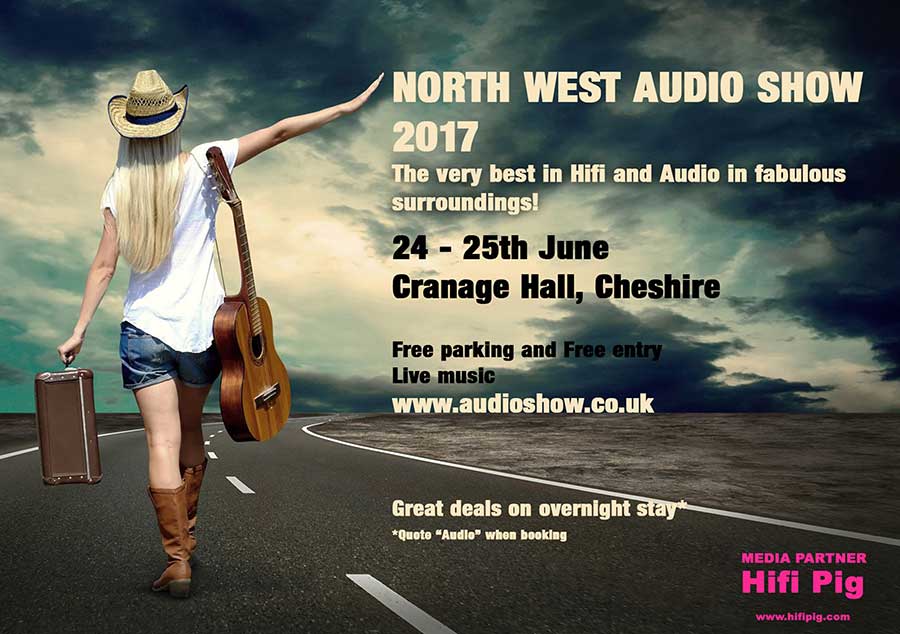
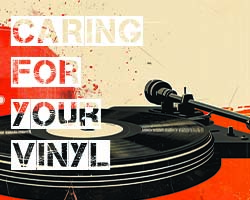

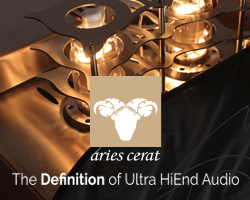
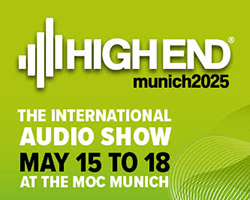
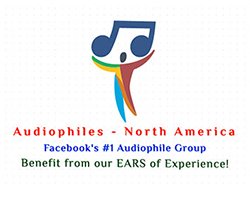
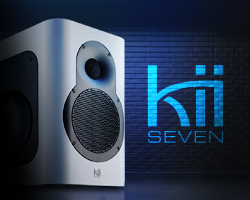
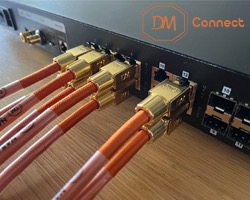



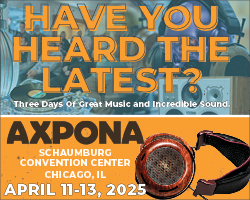
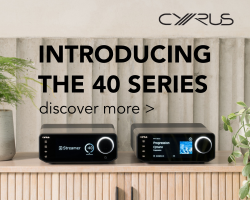
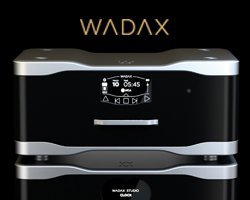
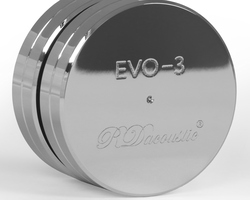

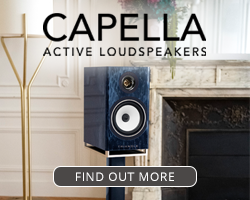
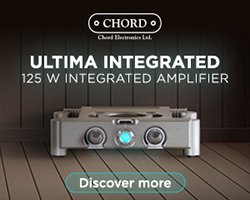
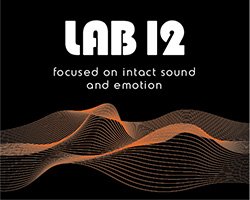
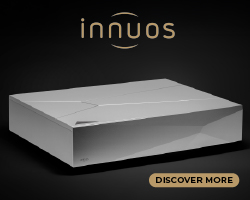

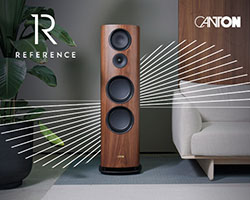
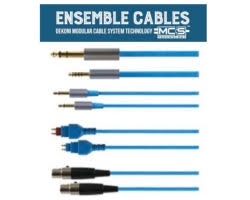
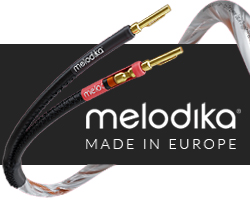
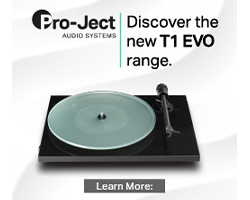
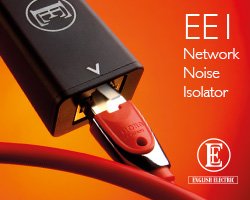
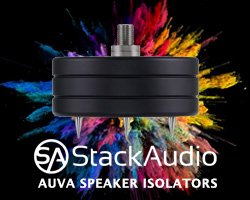
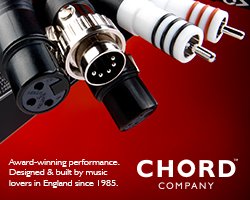
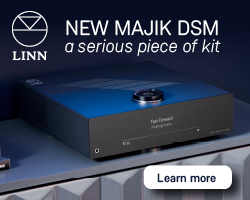
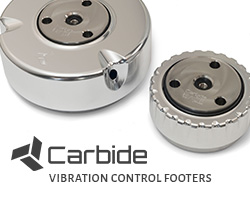
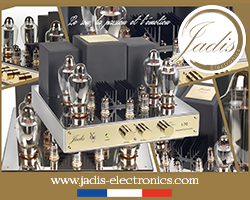
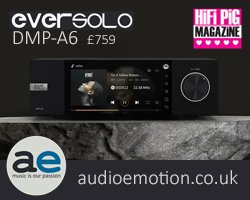
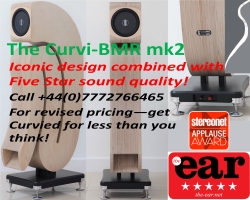
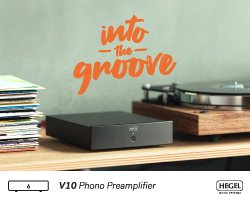

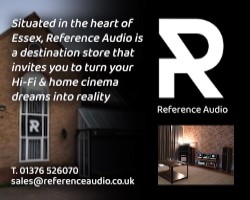
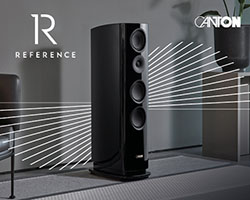
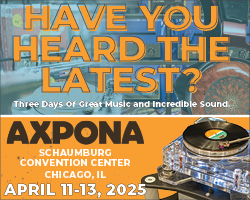
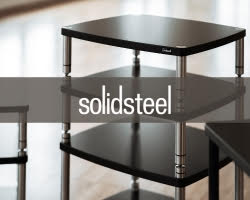
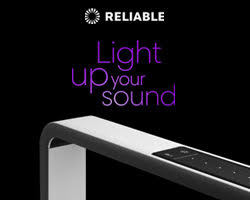
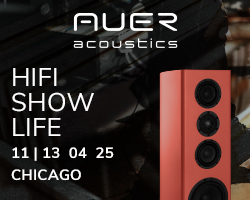
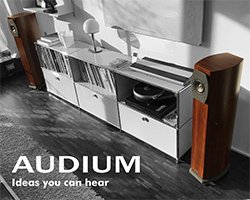
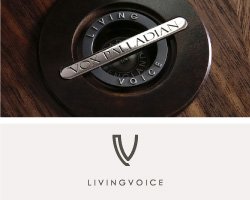
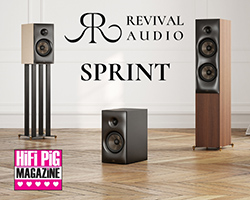
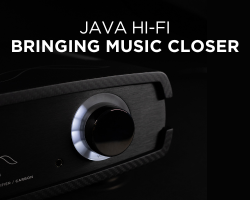
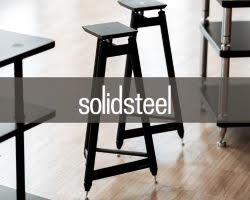
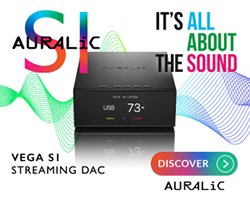
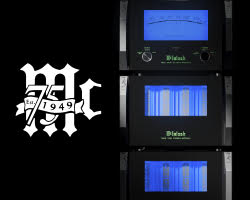
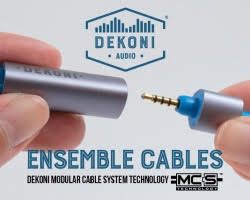

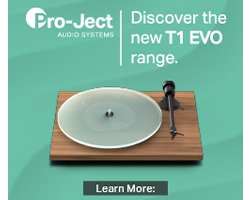
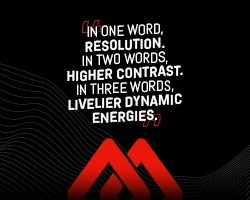

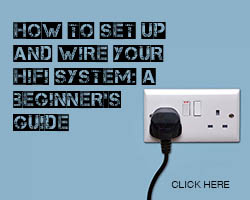
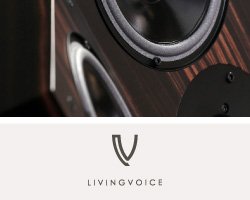

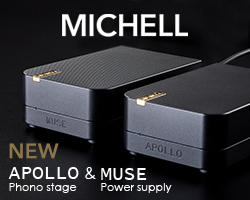
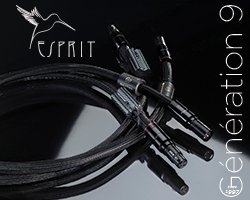
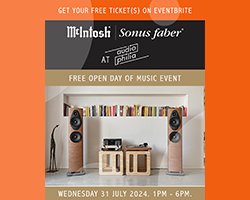


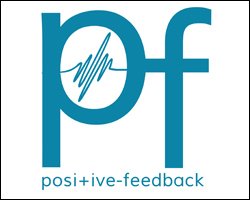

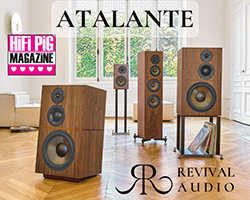
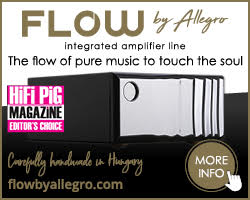

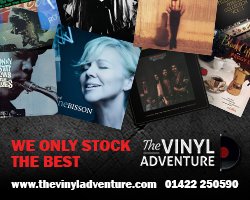
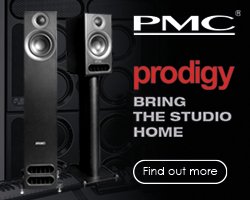
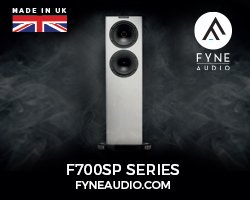
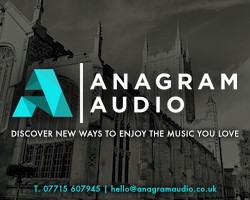
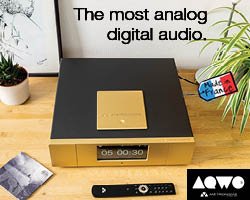
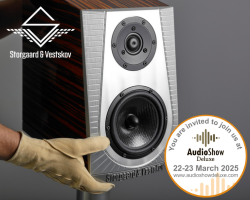
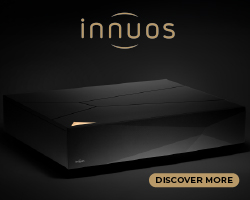
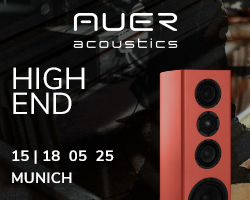
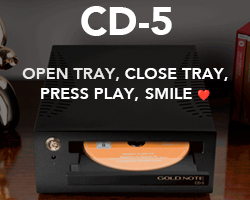
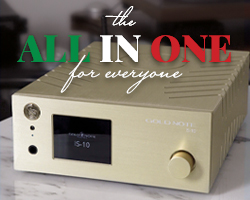
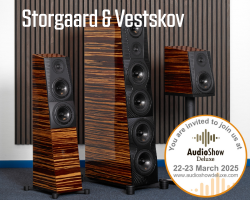
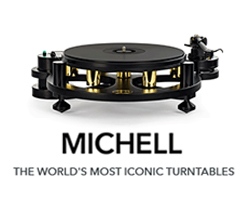
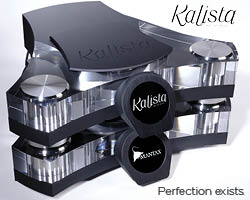
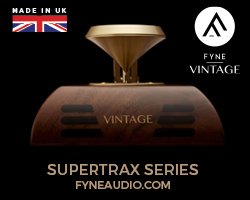

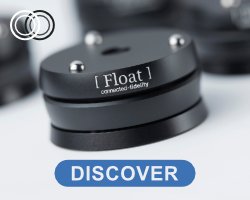


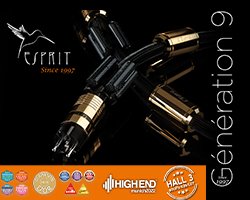














































You must be logged in to leave a reply.